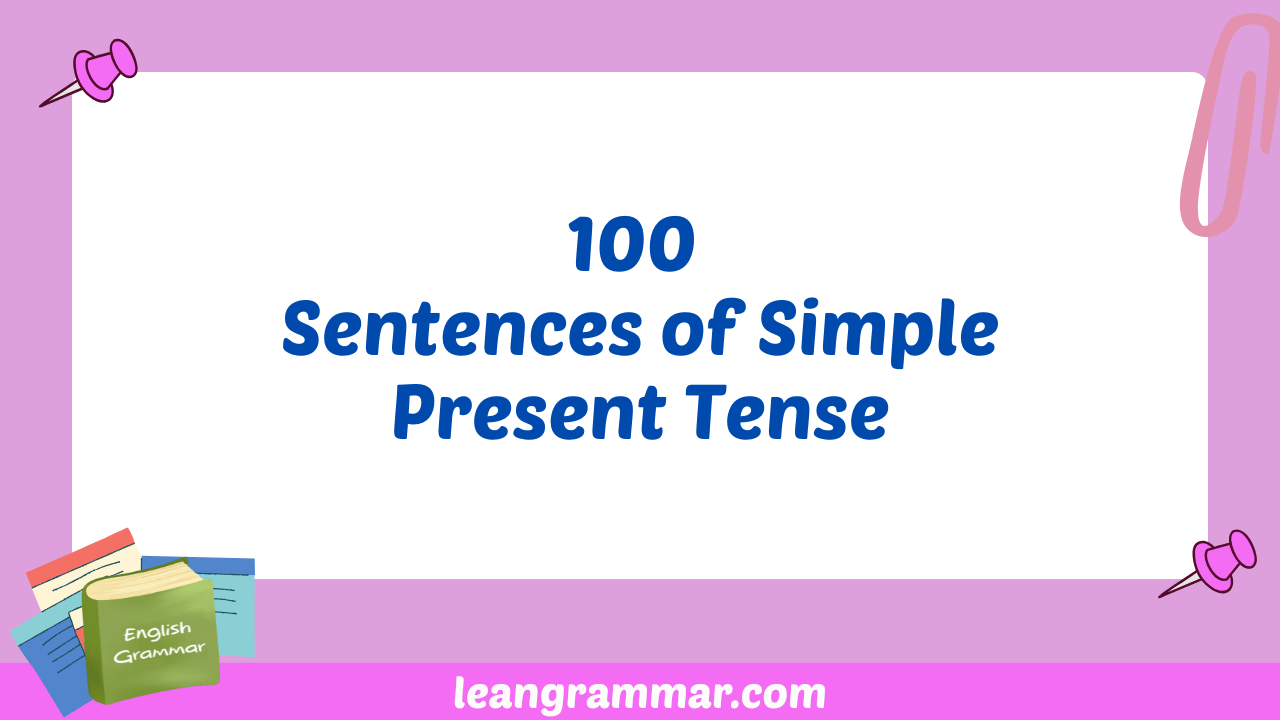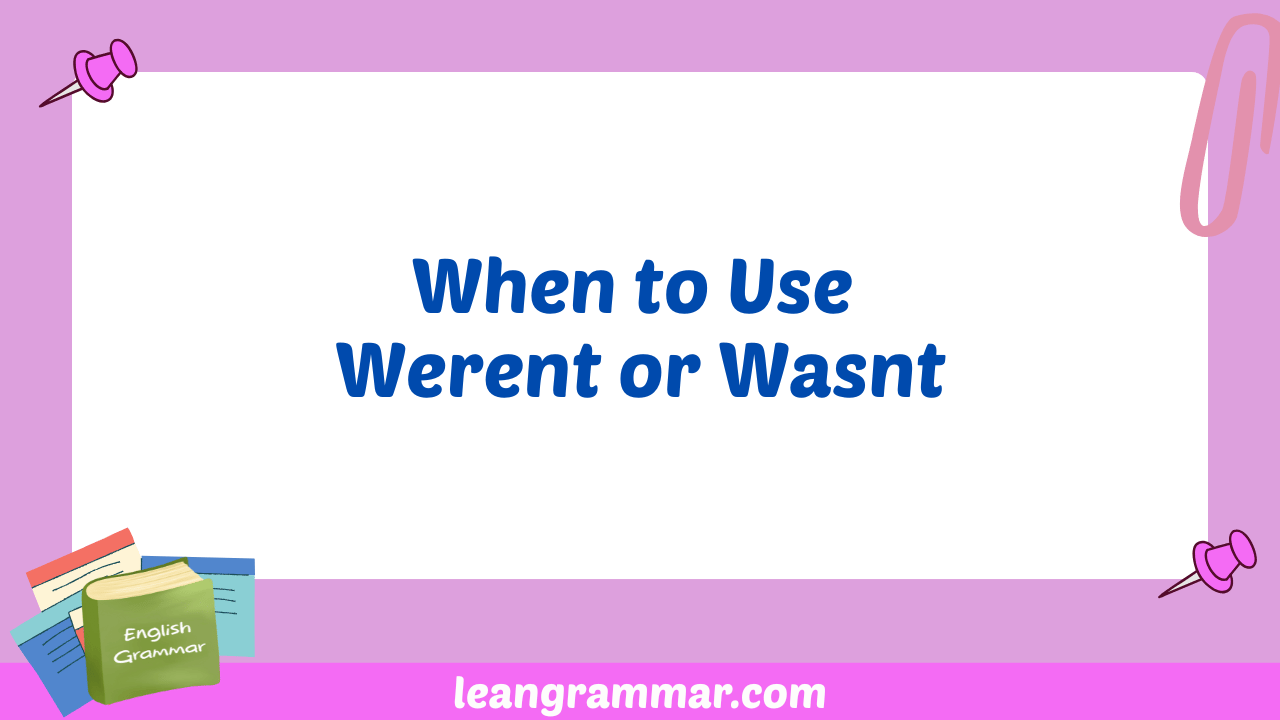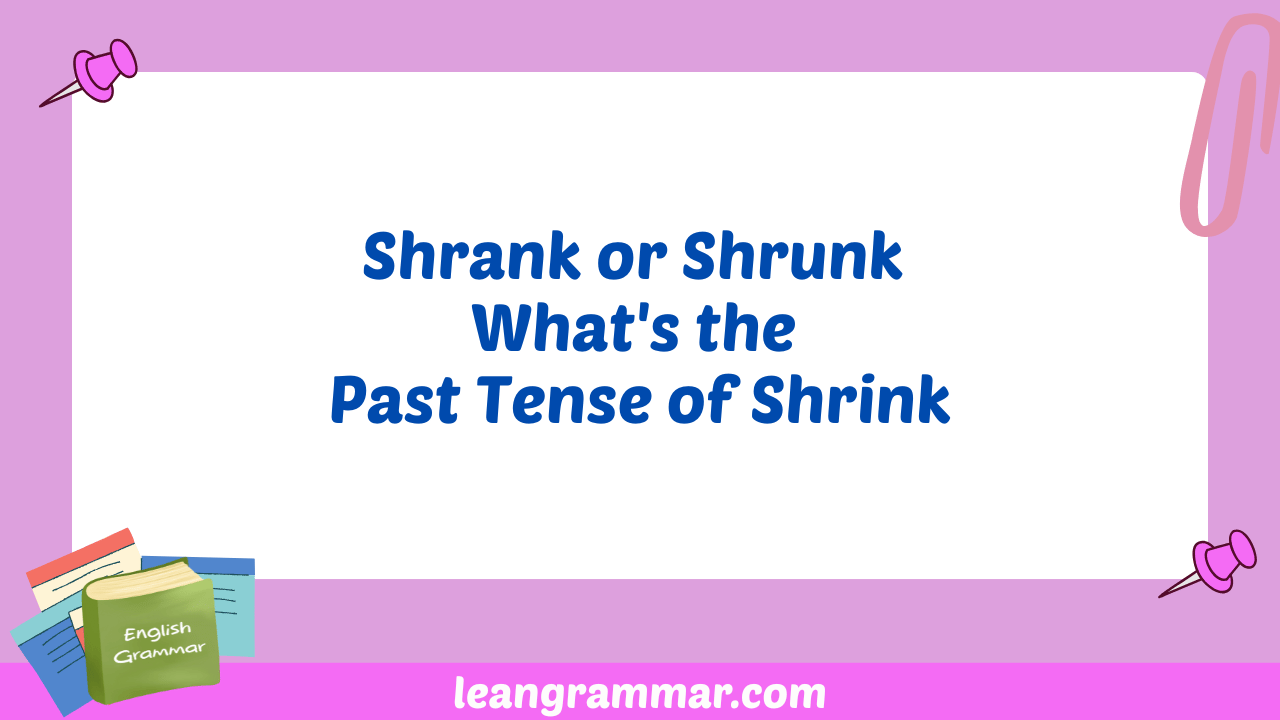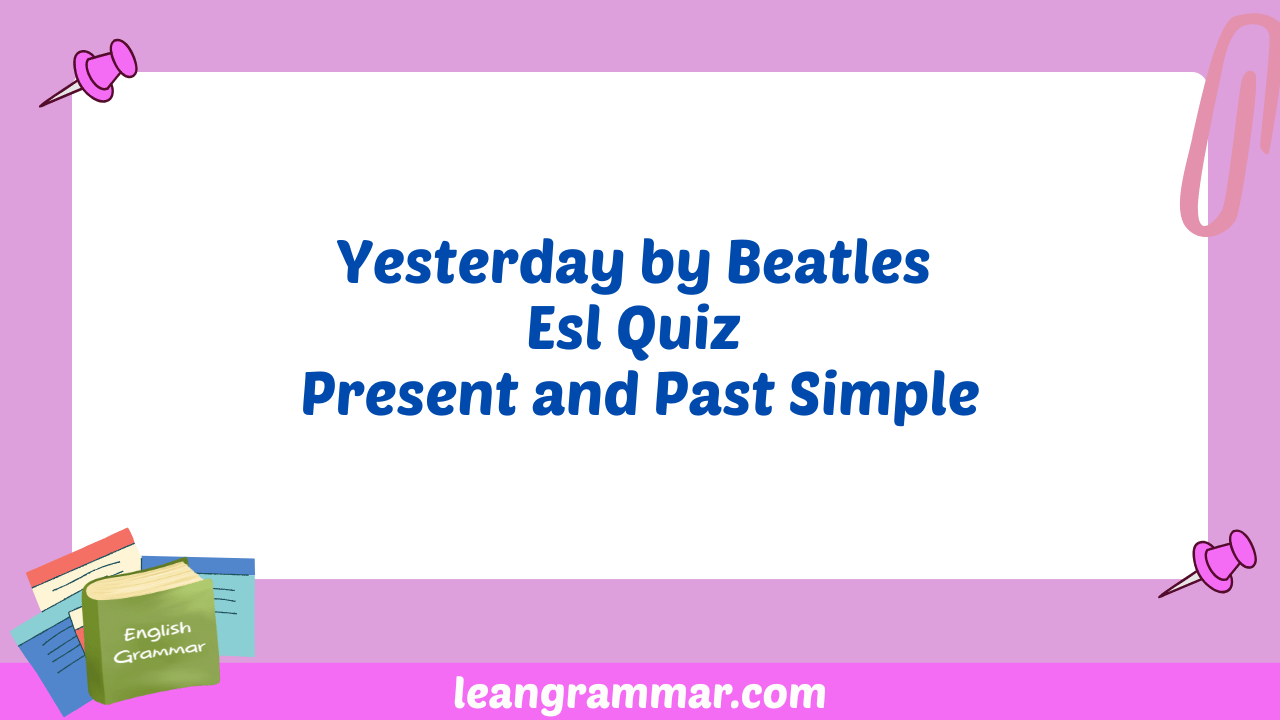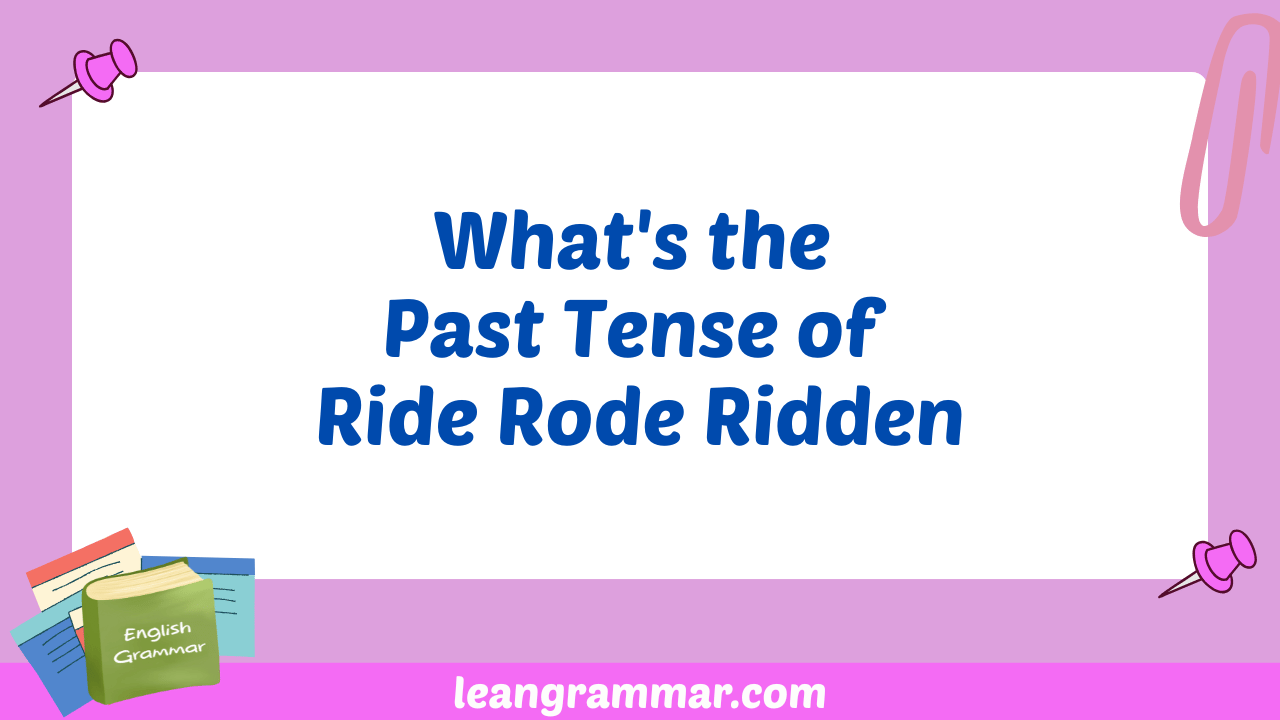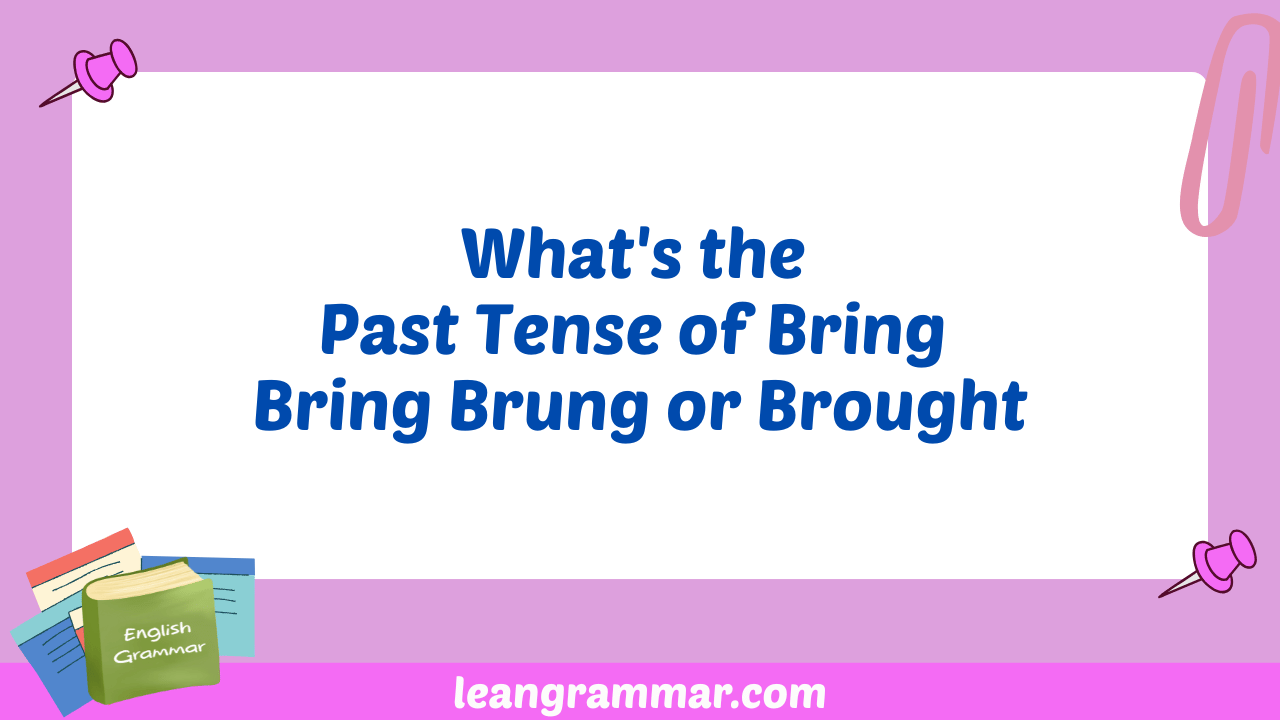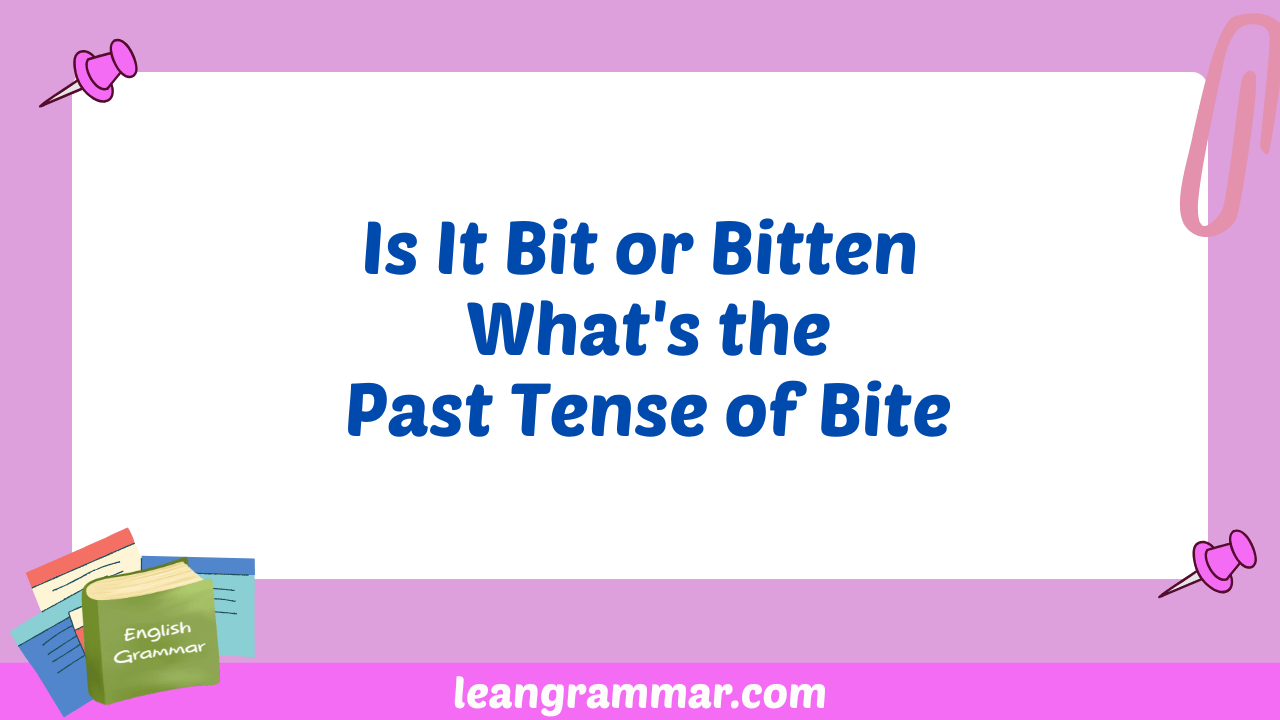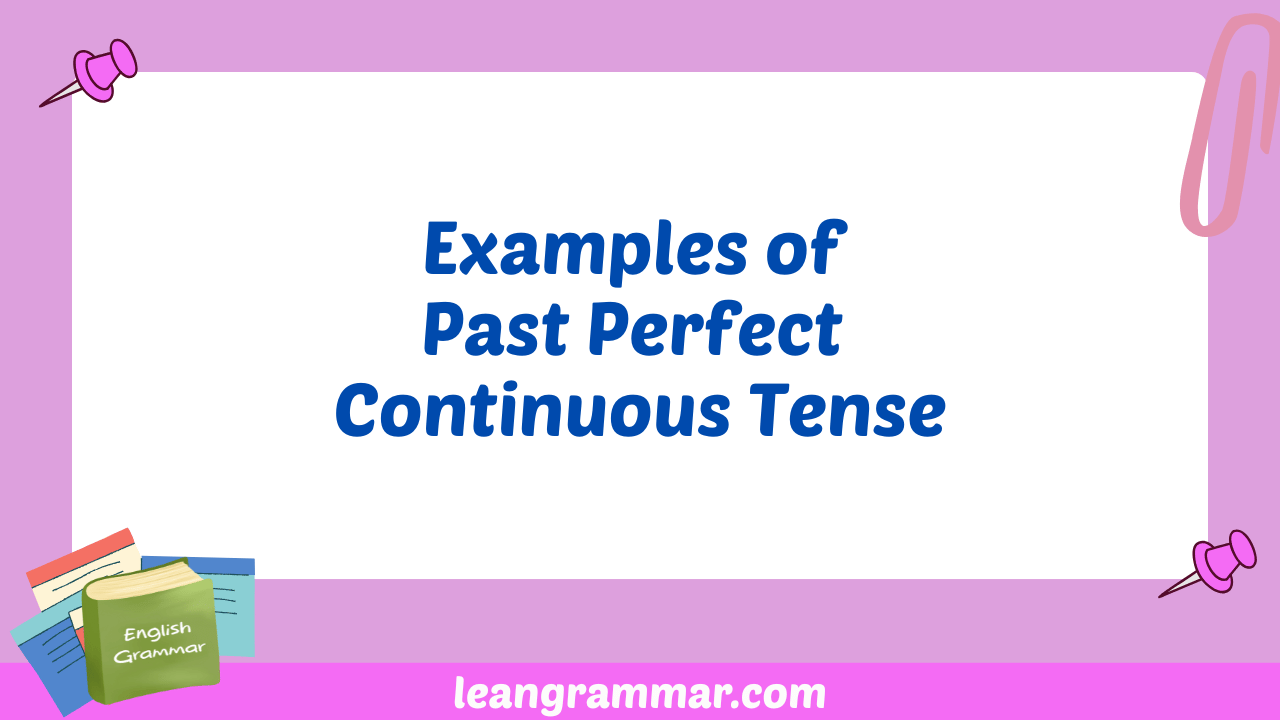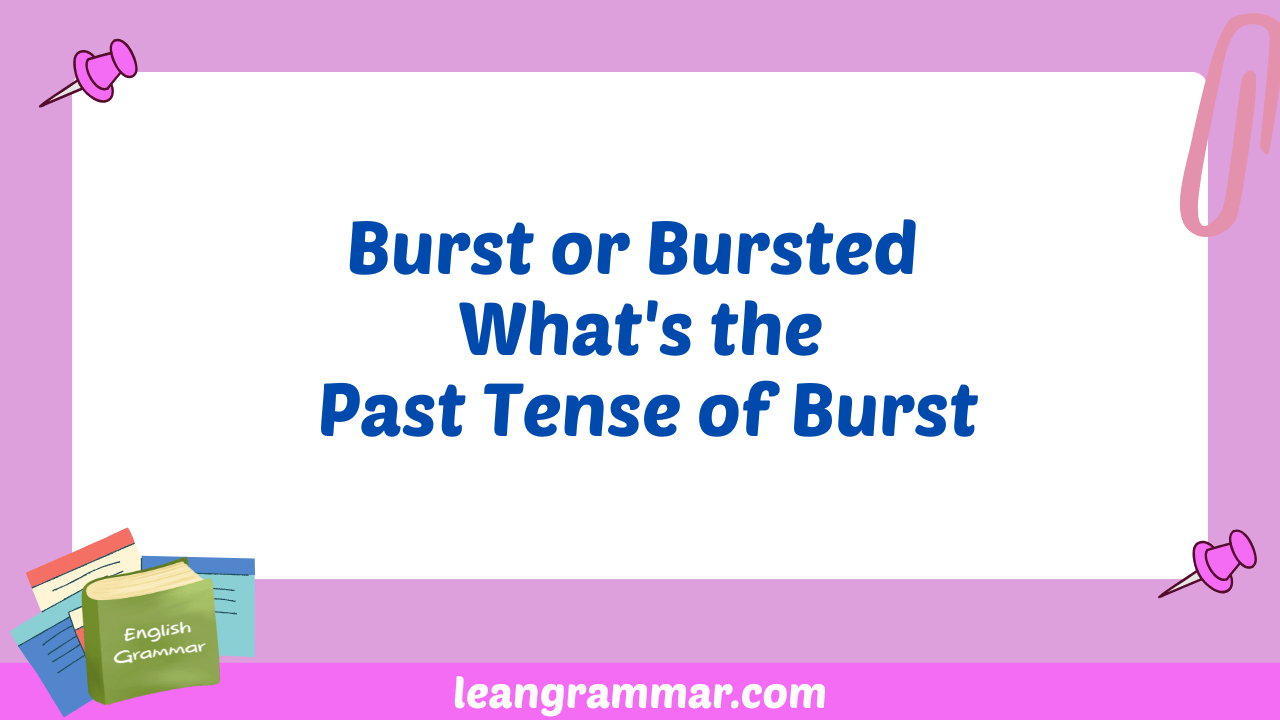Simple Present Tense: 100 Example Sentences & Usage Guide
The simple present tense is a fundamental building block of English grammar, crucial for expressing daily routines, habits, general truths, and scheduled events. Mastering this tense allows you to communicate clearly and effectively about the present. This comprehensive guide provides a thorough understanding of the simple present tense, including its definition, structure, usage rules, common … Read more
